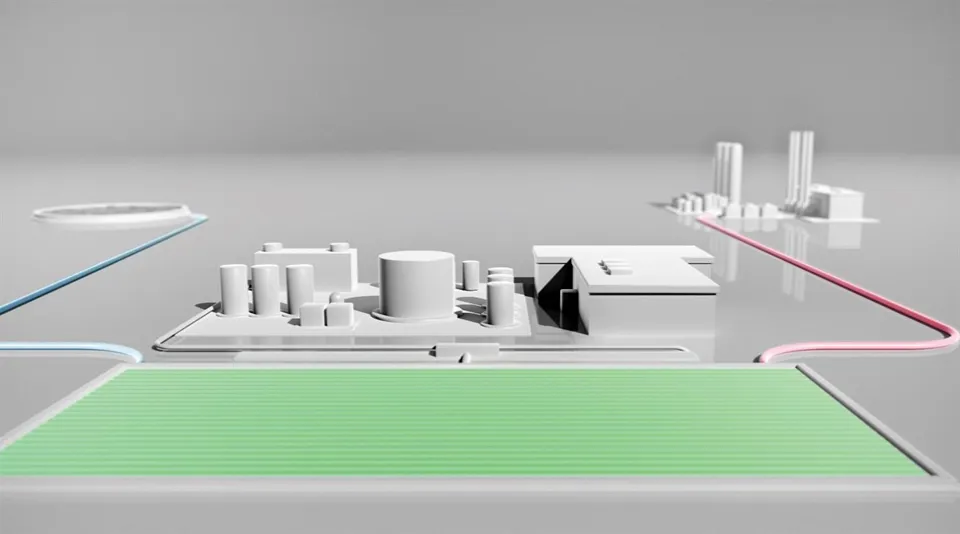Audi engineers have contributed to a breakthrough by helping to develop fuels existing engines using nothing more than lengths of ordinary-looking pipe, waste CO2, sunlight and microscopic organisms suspended in waste water.
The new fuels have been developed by Audi and its US-based specialist fuels partner Joule.
The ‘refineries' responsible for them are the photosynthetic microorganisms injected into brackish water standing in the lengths of pipe.
Measuring around three thousandths of a millimetre in diameter, these organisms have been genetically modified to prevent them from multiplying using the sunlight-aided photosynthesis process as they normally would.
Instead, they are stimulated to use this process to convert the waste CO2 and the waste water into liquid fuels which they then secrete, and which can then be easily separated from the water and concentrated without the need for any further manufacturing steps.
Audi and Joule have commissioned a demonstration facility which is already producing sustainable e-ethanol, which has the same chemical properties as bioethanol, a fuel which is consistently gaining in popularity, but which has the disadvantage of being produced using biomass.
It will be possible to blend up to 85% ‘Audi e-ethanol' with as little as 15% fossil-fuel petrol for use by vehicles capable of running on E85 fuel.
Audi and Joule are also currently in the process of ramping up the same facility to produce a sustainable and exceptionally pure ‘Audi e-diesel' fuel.
In contrast to petroleum-based diesel, which is a mixture of a wide variety of organic compounds, this fuel is not only free of sulphur and aromatics, but is also easy to ignite thanks to its high cetane value, giving it exceptional performance credentials that promote outstanding engine operating efficiency.
Audi e-diesel will work highly effectively with existing Audi TDI clean diesel systems without the need for modification.
















Login to comment
Comments
No comments have been made yet.